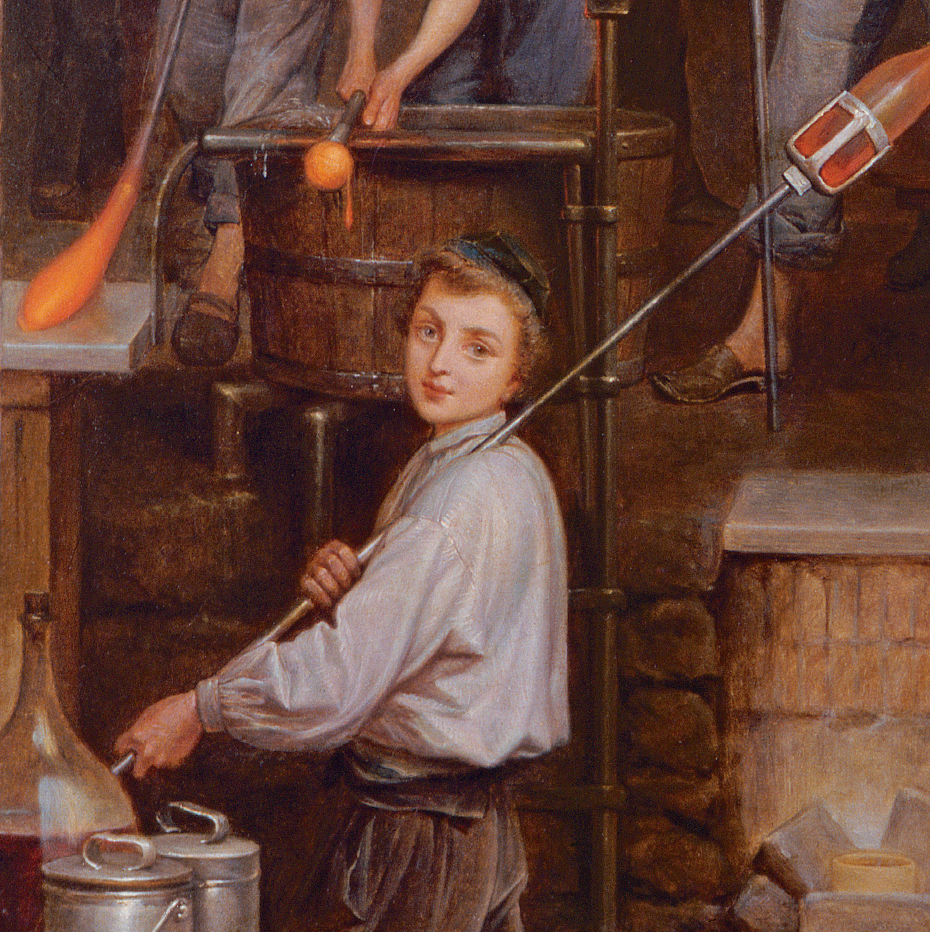Introduction for Chapter 23
23 The Revolution in Energy And Industry 1760–
> What were the social, cultural, and economic consequences of the Industrial Revolution? Chapter 23 examines the Industrial Revolution. The Industrial Revolution began in Great Britain around 1780 and soon began to influence continental Europe and the United States. Industrialization profoundly modified human experience. It changed patterns of work, transformed the social structure, and eventually altered the international balance of political power in favor of the most rapidly industrialized nations, especially Great Britain. What was most remarkable about the Industrial Revolution was that it inaugurated a period of sustained economic and demographic growth that has continued to the present.

LearningCurve
After reading the chapter, use LearningCurve to retain what you’ve read.
| ca. 1765 | 1830s |
| Hargreaves invents spinning jenny; Arkwright creates water frame | Industrial banks promote rapid industrialization of Belgium |
| 1769 | 1833 |
| Watt patents modern steam engine | Factory Act passed in England |
| ca. 1780– |
1834 |
| Industrial Revolution and accompanying population boom in Great Britain | Creation of a Zollverein (customs union) among many German states |
| 1799 | 1842 |
| Combination Acts passed in England | Mines Act passed in England |
| 1805 | 1844 |
| Egypt begins process of modernization | Engels, The Condition of the Working Class in England |
| 1810 | 1850s |
| Strike of Manchester, England, cotton spinners | Japan begins to adopt Western technologies; industrial gap widens between the West and the rest of the world |
| 1824 | 1851 |
| British Combination Acts repealed | Great Exhibition held at Crystal Palace in London |
| 1829 | 1860s |
| Stephenson’s Rocket; first important railroad | Germany and the United States begin to industrialize rapidly |